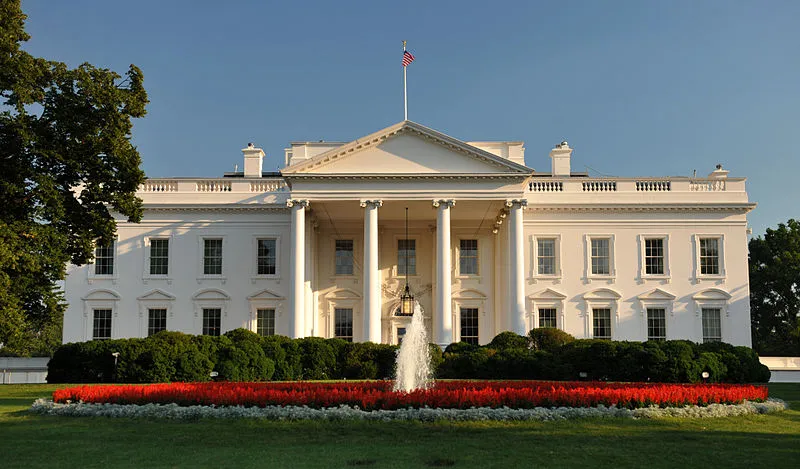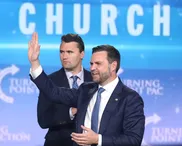I was recently browsing through (again) Oliver and Joan O’Donovan’s peerless From Irenaeus to Grotius: A Sourcebook in Christian Political Thought.
For those who follow politics – whether in the USA, Britain, or indeed in France – the reason for such a perusal is probably obvious. For those who don’t, or wisely avoid political conversations of any stripe, suffice it to say that we live in interesting political times, especially as Christians wrestle with the old vexed issue of what is the right relationship between the church and the state.
For several hundred years the core issues seemed to have been settled. For European countries, where there was a kind of church-state arrangement mediated by one version or another of an established church, the solution appeared to be a gentle engagement in the public realm with the higher echelons of the ecclesiastical machine. For America, with a non-established church, and a principled commitment to freedom of religion in the sense of not establishing any particular denomination, the solution appeared to resolve around a general acceptance of Judeo-Christian morality and the freedom to practice religion as the individual saw fit. Now at least some of these long-established norms are being questioned by our increasingly globalised societies, where assumptions of Judeo-Christian morality occasionally appear antiquated, and where other views are felt to be equally valid in at least a pluralistic (if not relativistically pluralistic) public and political conversation.










Why we need truth and grace in political advocacy
As we have been remembering the birth of Jesus at this time of year, I want to reflect in this …